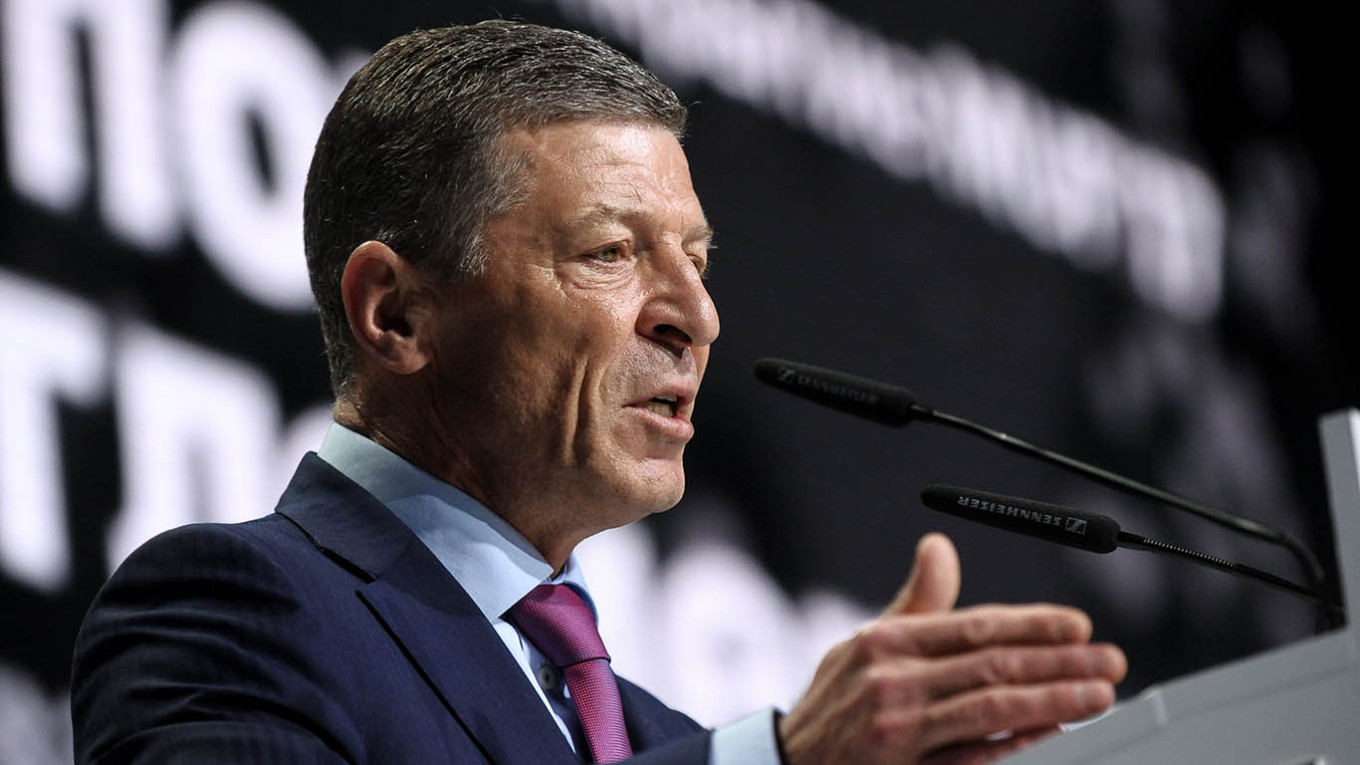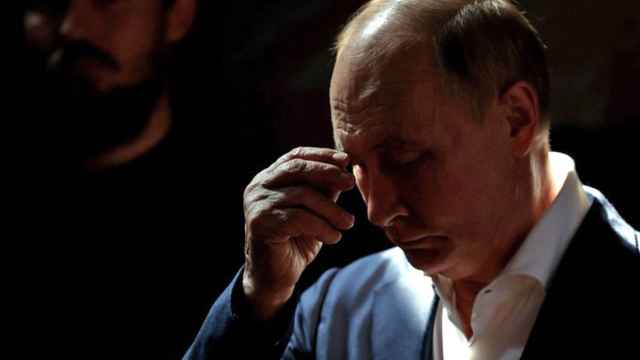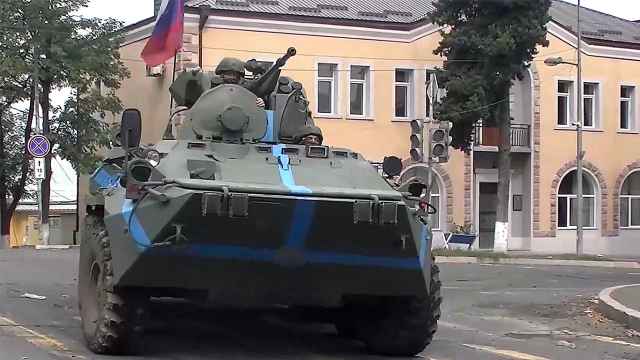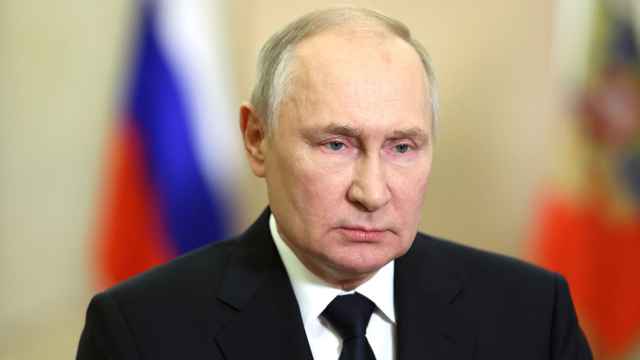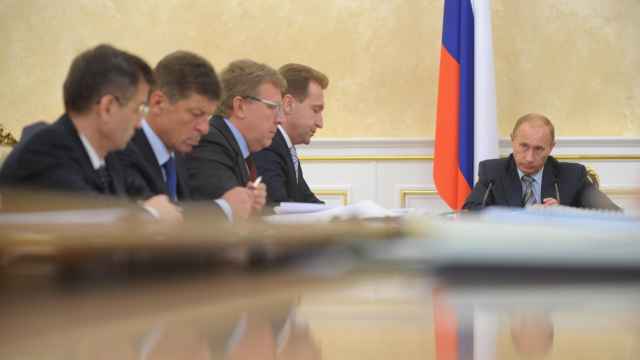In the quarter-century that Vladimir Putin has been in power, Kremlinologists have come to know his political and bureaucratic style down to the smallest details. There is no intrigue left in any of his political decisions, much less in his rhetoric or personnel policy.
So when Dmitry Kozak resigned as deputy chief of Putin’s administration, many were quick to speculate on the reasons and the implications for his doing so. This news would hardly have been widely discussed were it not for the rumor that Kozak disapproved of the 2022 invasion of Ukraine.
To understand Kozak’s current standing, one needs to look at Putin’s personnel landscape.
Kozak was one of the most capable managers of the first 15 years of Putin’s rule. Trusted as a fixer rather than a public politician, he cycled through the most powerful back-office jobs: head of the government apparatus (cabinet staff), senior roles in the presidential administration and special assignments that required Putin’s direct oversight.
From those perches, Putin sent him to end the Second Chechen War as envoy to the Southern Federal District; to shepherd preparations for the Sochi Olympics; to help manage the 2014 annexation of Crimea; and to represent Moscow in the Normandy Format talks on the war in Donbas.
In a system where few survive long at the top of the bureaucracy, Kozak lasted for two decades and earned a reputation as the administration’s “Iron Chancellor.”
Those who failed at their assignments retired quietly and with honor, like Vladimir Yakunin, or were given big state corporations, like Vitaly Mutko. Those who were incompetent or unstable but craved publicity, like Dmitry Mironov or Dmitry Medvedev, were given free rein to become court jesters, though both had once had grand prospects (one as Federation Council chair, the other as president and prime minister).
Putin’s early inner circle includes figures who amassed vast resources and patronage networks: German Gref, Igor Sechin, Alexei Miller and Yury Kovalchuk. Others faded into ceremonial roles: Sergei Ivanov, once defense minister and later chief of staff, now mainly sits on the Security Council; Boris Gryzlov and Dmitry Mezentsev were parked in diplomatic posts in Belarus.
Kozak was different. Unlike the big “patrons,” he never built a large clientele of protégés or relatives. He functioned as a personal consigliere — an enforcer and deal-closer who could cut across ministries or coordinate among them when Putin needed something done quickly and quietly. In that respect, he resembled Alexei Kudrin (the longtime finance minister turned presidential adviser) or Nikolai Patrushev (the former FSB chief), at least in status within the first team.
Kozak effectively stepped out of the spotlight in 2020, when the Kremlin created a special third deputy chief of staff position for him that came without a clear portfolio. Since then, he has had rank but little leverage. If he is now formally leaving, the likeliest next step mirrors Kudrin’s: a move into the private sector or quasi-state roles, away from daily politics.
This should not be read solely as the triumph of rivals. Stories that Sergei Kiriyenko forced him out, or that Kozak openly opposed the 2022 invasion, were circulated by independent outlets and pro-Kremlin media alike.
Narratives like that are tempting to believe but also an oversimplification. Kozak, like Kudrin and Anatoly Chubais, accompanied Putin through many cycles of power. When the 2020 constitutional changes allowed Putin to extend his rule far into the future, many of these veterans opted to quietly withdraw rather than stage a confrontation.
Kozak, like Chubais and Kudrin, accompanied Putin through many crises. Only when the 2020 constitutional amendments enshrined Putin’s ability to cling to power did these seasoned patricians withdraw, without conflict with the emperor. Some of those men, like Chubais, Putin sneers at. Others, like Kudrin, he does not.
Meanwhile, Putin has cultivated a younger cohort of technocratic managers, many of whom were promoted during his 2008-2012 stint as prime minister: Denis Manturov, Kirill Dmitriev and Maxim Oreshkin among them. They have by now gained experience and become loyal and comfortable operating in wartime mobilization mode.
It is still unclear whether the aging Nero in the Kremlin will decide to burn his Rome or, as patrician Medvedev urges, to expand the war and strike Russia’s enemies.
One thing is certain: Kozak is departing without reproach — no personal clientele, no criminal cases like Sergei Shoigu’s Defense Ministry, no trail of embezzlement from siphoning off state funds. In the quarter of a century Kozak spent in the Kremlin alongside Putin, he never built his own circles of power. Circles that could ultimately have brought him down.
The Iron Chancellor will probably live out the next decade quietly. We should not expect Kozak to sit down for a tell-all interview like Alla Pugacheva. Ahead lie for him happy years of gardening and “domestic tourism” across Russia’s endless spaces.
A Message from The Moscow Times:
Dear readers,
We are facing unprecedented challenges. Russia's Prosecutor General's Office has designated The Moscow Times as an "undesirable" organization, criminalizing our work and putting our staff at risk of prosecution. This follows our earlier unjust labeling as a "foreign agent."
These actions are direct attempts to silence independent journalism in Russia. The authorities claim our work "discredits the decisions of the Russian leadership." We see things differently: we strive to provide accurate, unbiased reporting on Russia.
We, the journalists of The Moscow Times, refuse to be silenced. But to continue our work, we need your help.
Your support, no matter how small, makes a world of difference. If you can, please support us monthly starting from just $2. It's quick to set up, and every contribution makes a significant impact.
By supporting The Moscow Times, you're defending open, independent journalism in the face of repression. Thank you for standing with us.
Remind me later.


